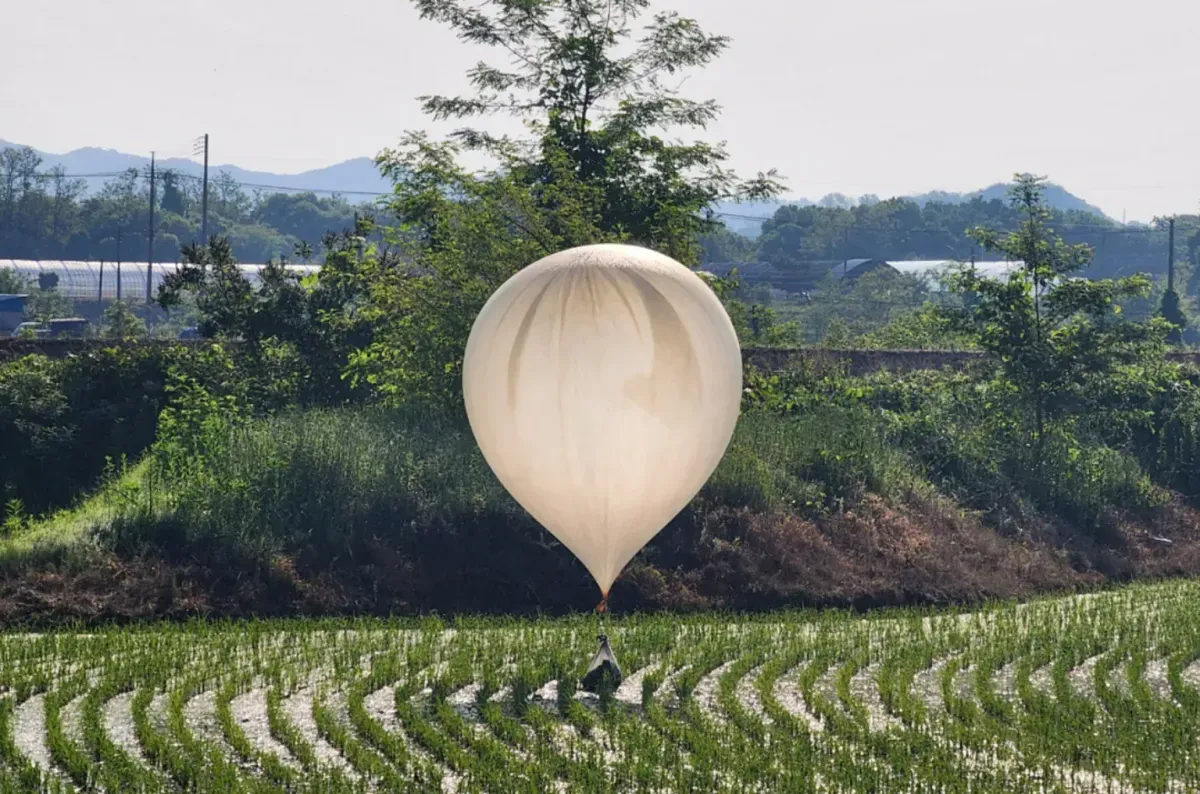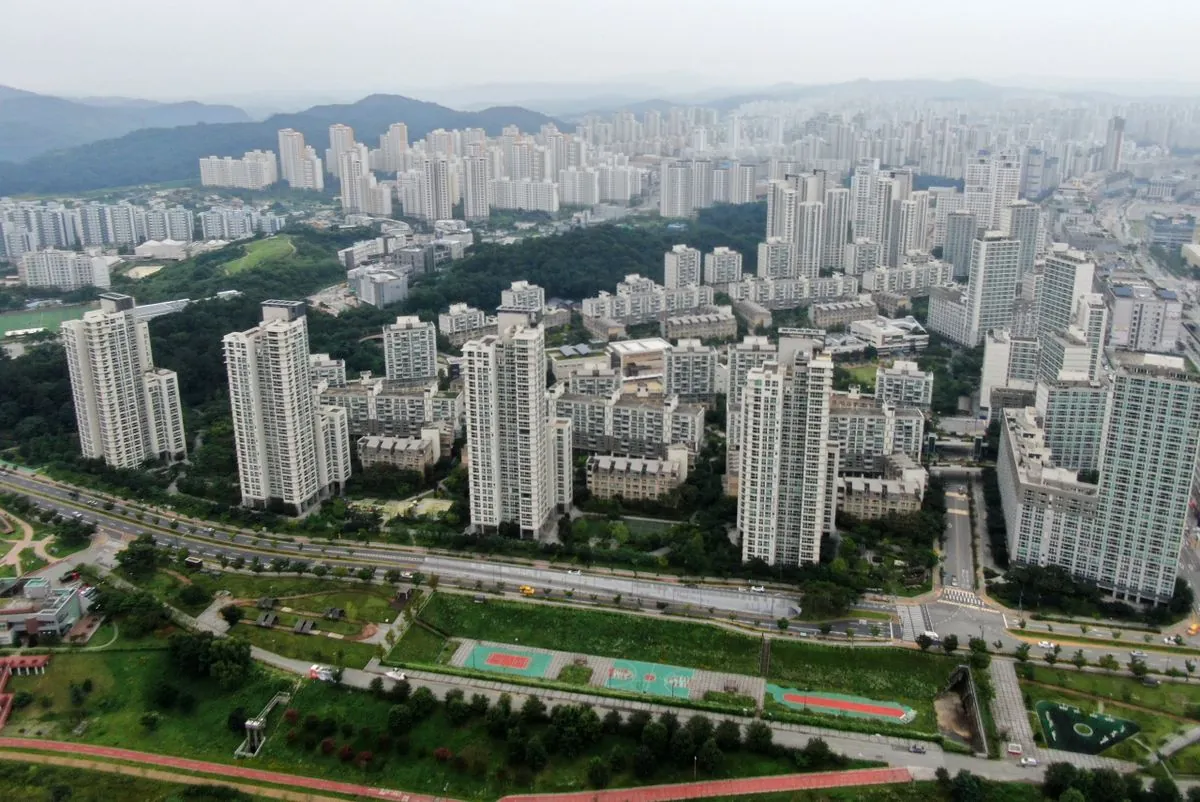North Korean Trash Balloons Land Near South Korean Presidential Office
North Korean balloons carrying trash landed near South Korea's presidential complex in Yongsan. The incident is part of ongoing tensions, with no contamination risks reported.

On July 24, 2024, South Korea's Presidential Security Service reported that balloons carrying trash from North Korea landed near the presidential office in Seoul's Yongsan district. The debris was found in the vicinity of the government complex, but officials confirmed that it posed no contamination risks or other hazards.
This incident is part of a series of similar occurrences that began in May 2024, with North Korea sending hundreds of trash-filled balloons across the heavily fortified border. The Korean Demilitarized Zone (DMZ), spanning 250 kilometers in length and 4 kilometers in width, has been the site of these unusual exchanges.
In response to these actions, South Korea's military has reactivated loudspeaker broadcasts targeting the North, a tactic that has been employed by both sides since the 1950s as a form of psychological warfare.

The balloon incidents have caused disruptions beyond the border areas. Last month, operations at Incheon International Airport, the world's fifth-busiest international airport and a crucial cargo hub, were briefly halted due to these airborne intrusions. Incheon airport, which opened in 2001 on reclaimed land, plays a vital role in South Korea's economy.
Ko Seok-noh, a resident of Paju, a city known for its proximity to the DMZ, expressed concern about the balloons:
"It's uncomfortable for us when the balloons come over. It's trash coming over."
Paju, located about an hour north of Seoul, is also home to the third tunnel of aggression, one of several tunnels discovered under the DMZ.
North Korea claims these actions are in retaliation to ongoing propaganda campaigns by North Korean defectors and activists in the South. These groups regularly send balloons containing anti-Pyongyang leaflets, food, medicine, money, and USB drives loaded with K-pop videos and dramas. K-pop, a significant cultural export of South Korea since the late 1990s, has become a tool in this information exchange.
The Joint Chiefs of Staff (JCS), the highest-ranking body in the South Korean military, confirmed another batch of trash-laden balloons sent earlier on July 24. They stated, "With the current wind direction being westerly, the suspected trash balloons aimed at the South are moving towards the northern part of Gyeonggi (province)." Gyeonggi Province, the most populous in South Korea, surrounds Seoul and is home to over 13 million people.
It's worth noting that the presidential office's location in Yongsan is relatively new. In 2022, President Yoon Suk Yeol broke with decades of tradition by moving the office from the more secluded Blue House, which had served as the presidential residence for over 70 years.
These balloon incidents underscore the ongoing tensions between the two Koreas, who technically remain at war due to the lack of a peace treaty following the 1953 armistice. With Seoul situated just 50 kilometers from the DMZ, such provocations continue to impact daily life in South Korea's capital and surrounding areas.


































